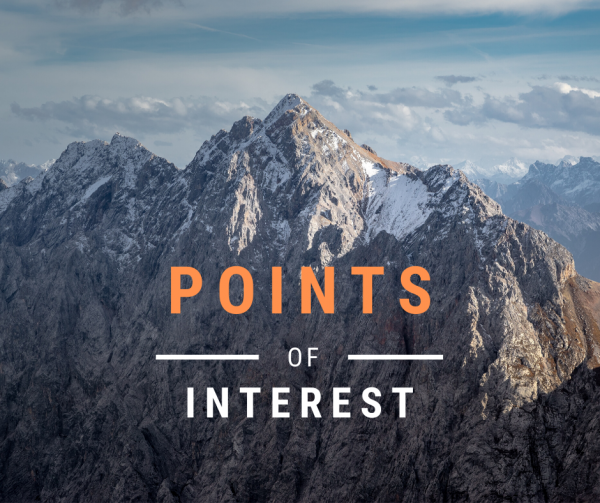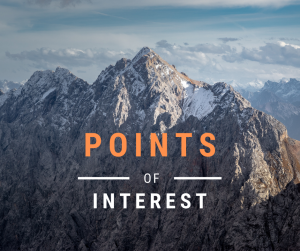The Map Is Not the Territory / Pastor, You Were Made for This / Beyond ‘Plandemic’: A Christian Response to Conspiracies / No, COVID-19 Is Not a ‘Disaster for Feminism’
The Map Is Not the Territory (Farnam Street Blog)
This blog is quickly becoming a favourite of mine. I have not yet looked deeply into its background, but I like what I’m seeing. For example…
“Maps are necessary, but flawed. (By maps, we mean any abstraction of reality, including descriptions, theories, models, etc.) The problem with a map is not simply that it is an abstraction; we need abstraction… To solve this problem, the mind creates maps of reality in order to understand it, because the only way we can process the complexity of reality is through abstraction. But frequently, we don’t understand our maps or their limits. In fact, we are so reliant on abstraction that we will frequently use an incorrect model simply because we feel any model is preferable to no model.”
Jared C. Wilson – Pastor, You Were Made for This (The Gospel Coalition)
“Christianity was not launched in a world of comfort, and it was not designed to flourish in a world of comfort. If the Lord is doing anything in overseeing this season, perhaps it is a refining, a sifting. Things are going to get weirder, more difficult, more trying. Maybe the true church will rise to the surface. And with her, the true pastors.”
Deborah Haarsma, Jim Stump and David Buller – Beyond ‘Plandemic’: A Christian Response to Conspiracies – (BioLogos)
“Christians seem disproportionately susceptible to misinformation and conspiracies about COVID-19. That is due, undoubtedly, to the way ideas are packaged in the culture wars in our country. Scientists and their expertise have been lumped together with other academics and left-leaning causes. And all of us are hard-wired to find affinity with the groups we identify with.”
“As we steward the power of our influence through every Facebook post and every retweet, we should remember that we’re not following Jesus’ command to be “wise as serpents” if we’re swayed by the emotional manipulation of a conspiracy theory or a slickly-produced video. And we’re not “harmless as doves” if we spread misinformation or sow confusion in the midst of a global health emergency.”
Marilyn Simon – No, COVID-19 Is Not a ‘Disaster for Feminism’ (Quillette)
“Why would anyone find a family unit taking care of its members a “disaster” for feminism? How childish—and frankly un-feminine—has feminism become that it must see childrearing and nurturing a family unit as a step down during a time of crisis? A step down from what? It often seems like it’s mostly feminists who disparage female work and praise so highly the world of corporate and professional success.”


